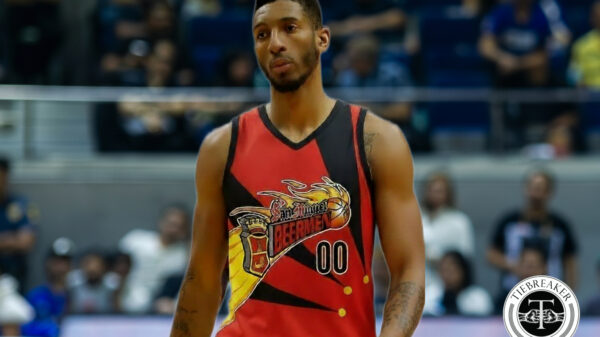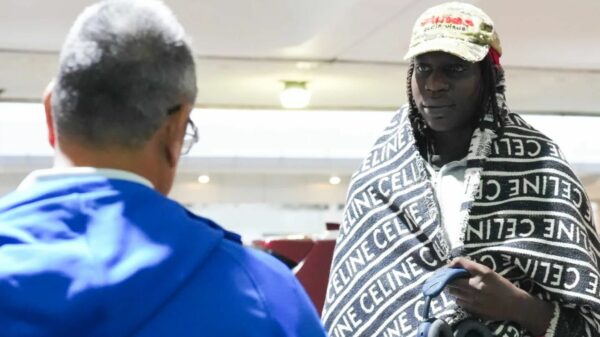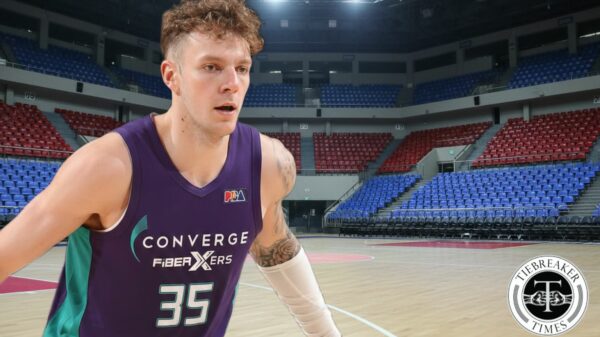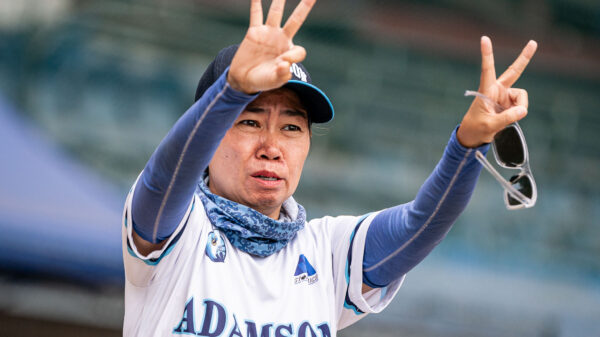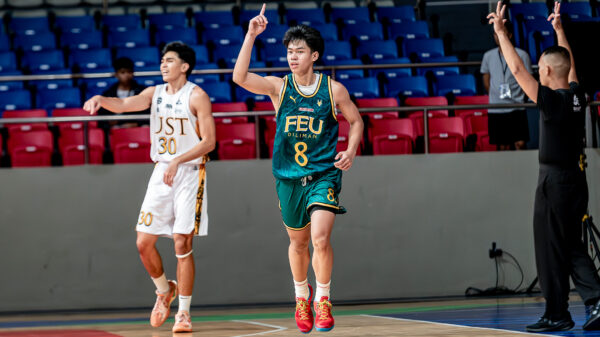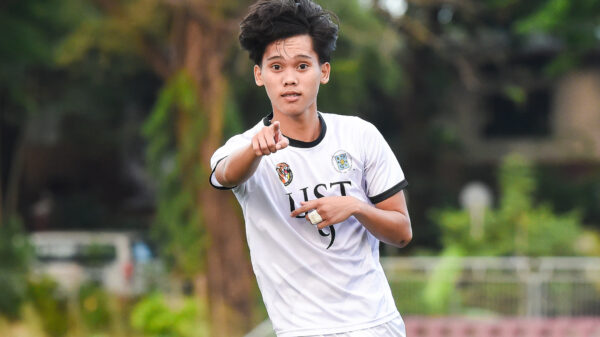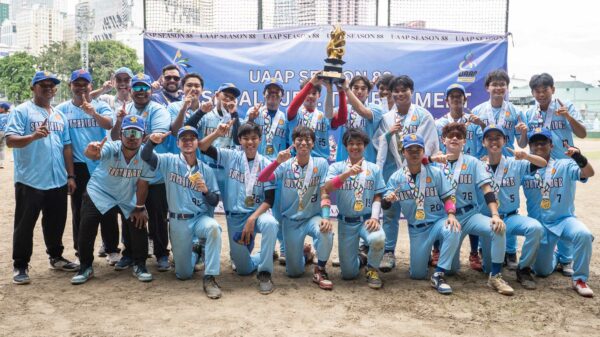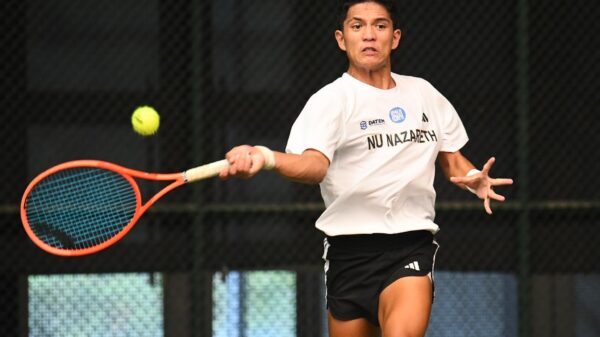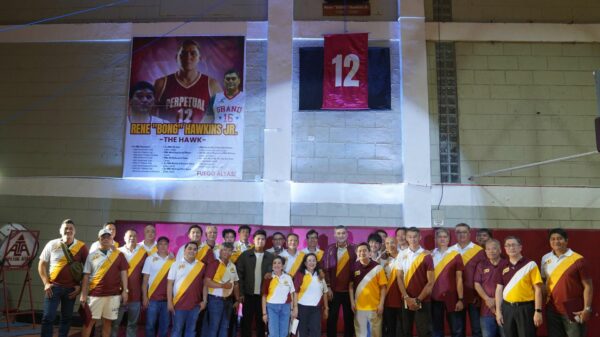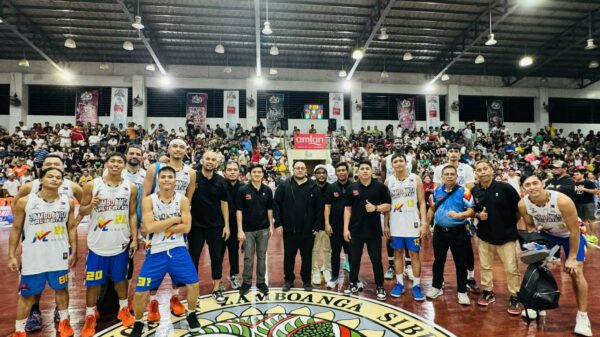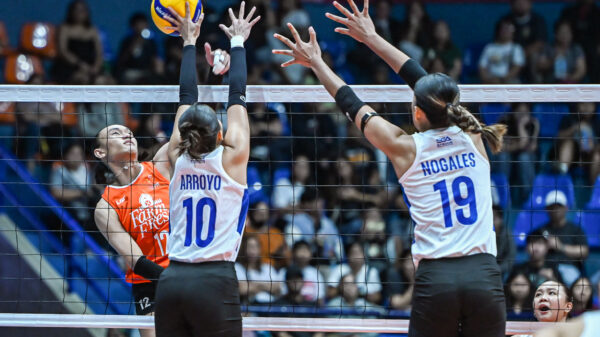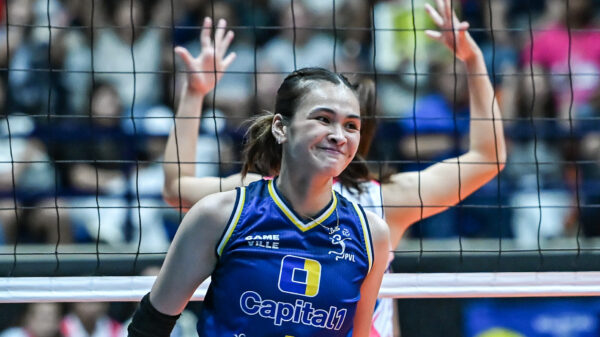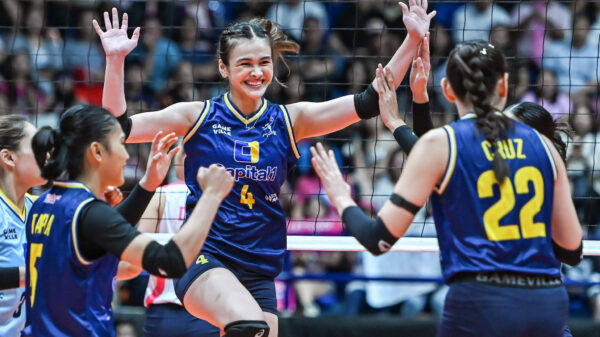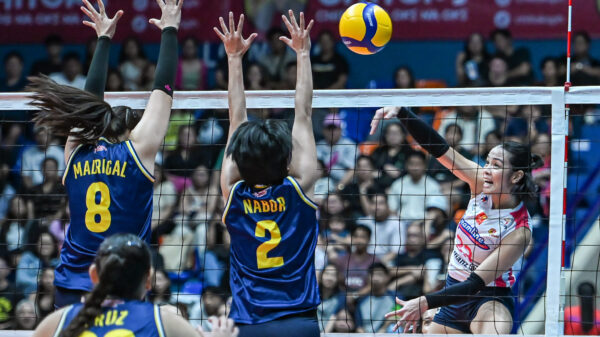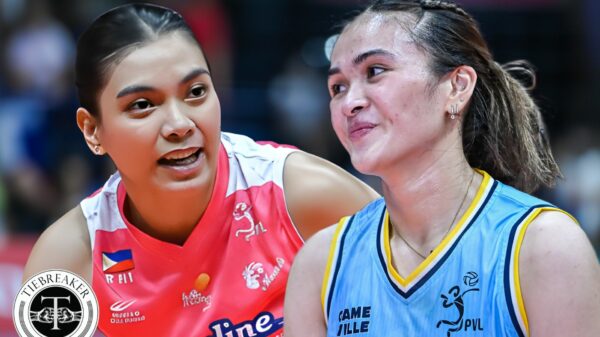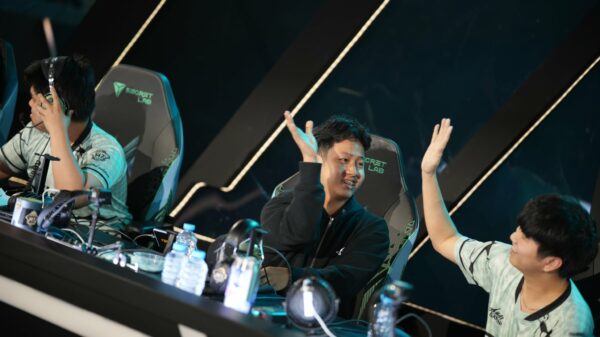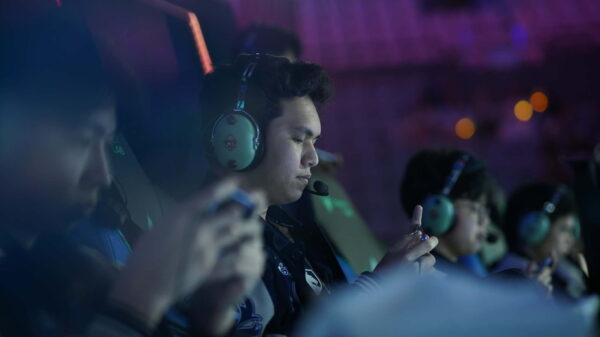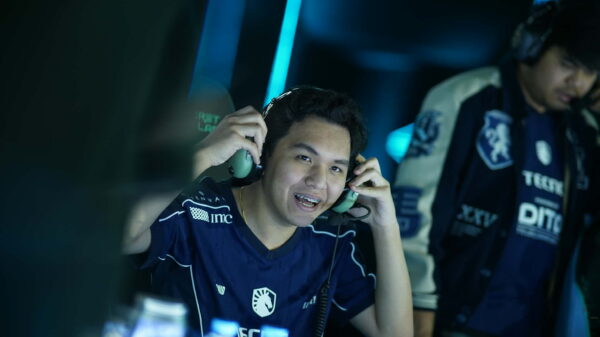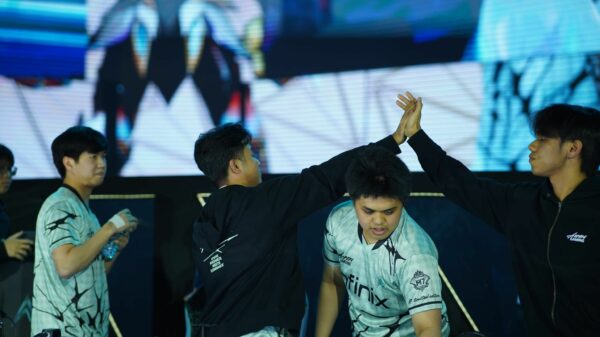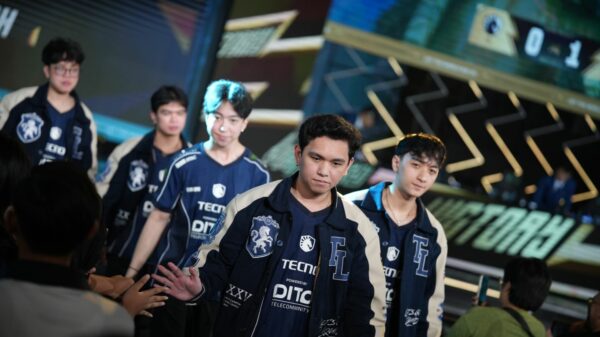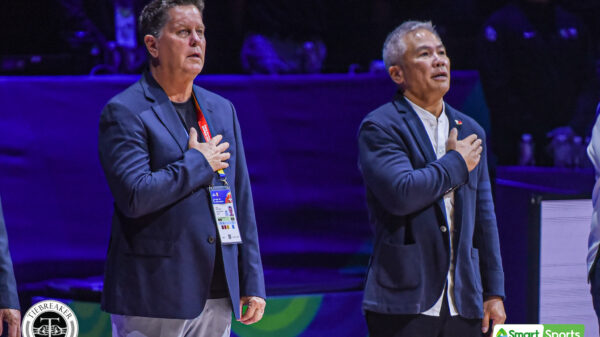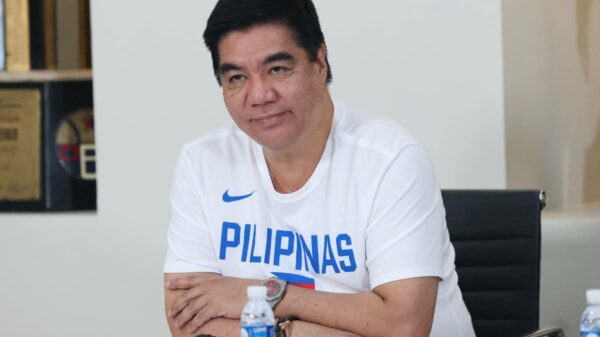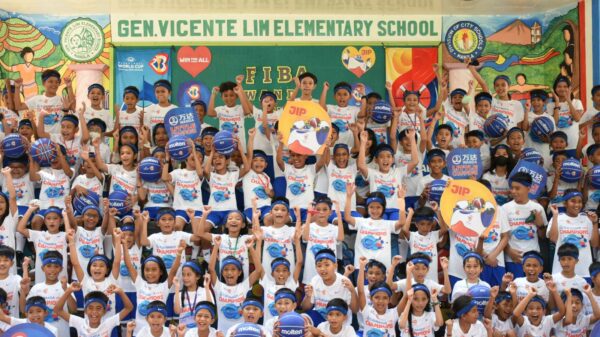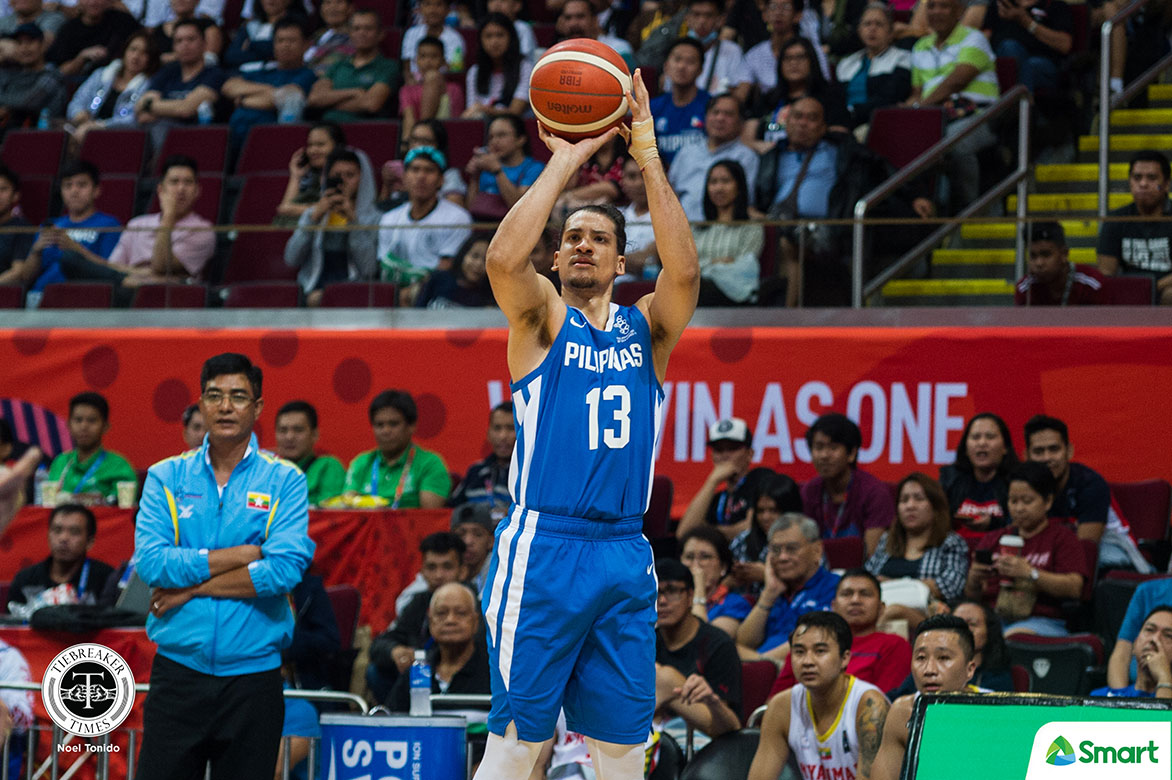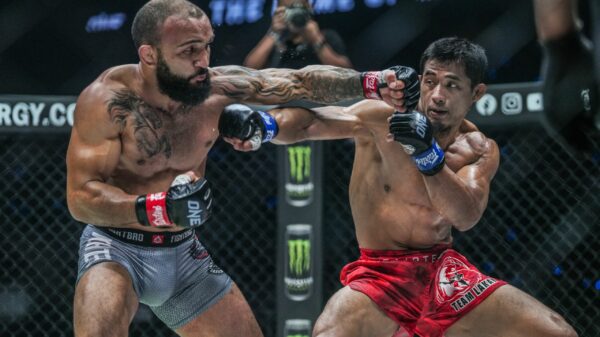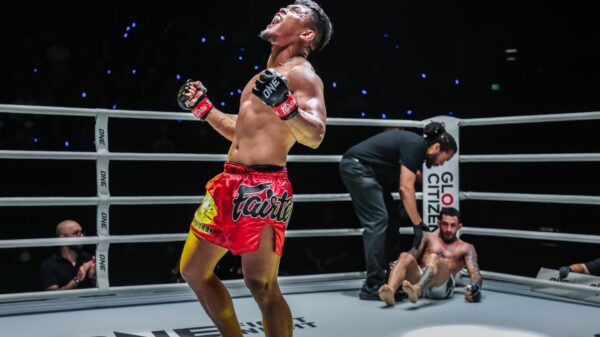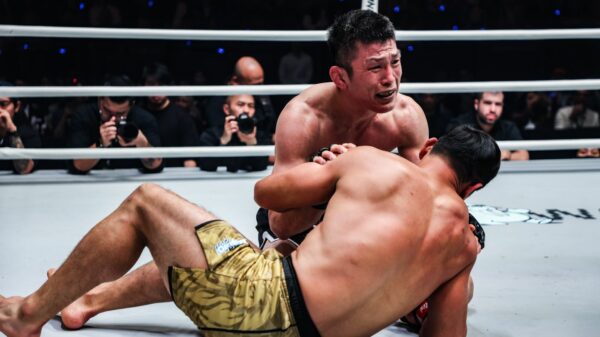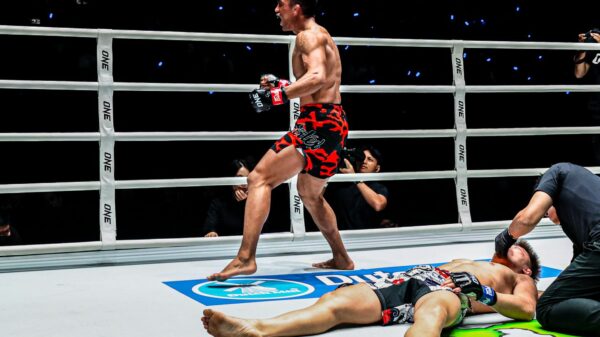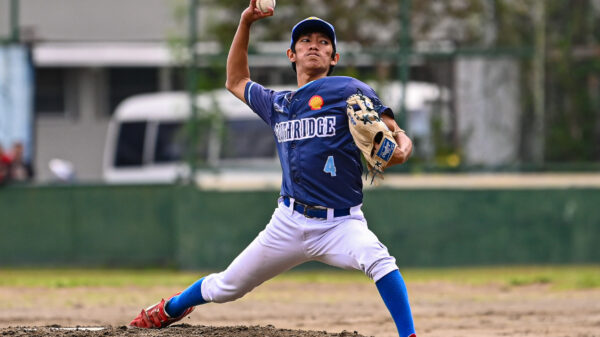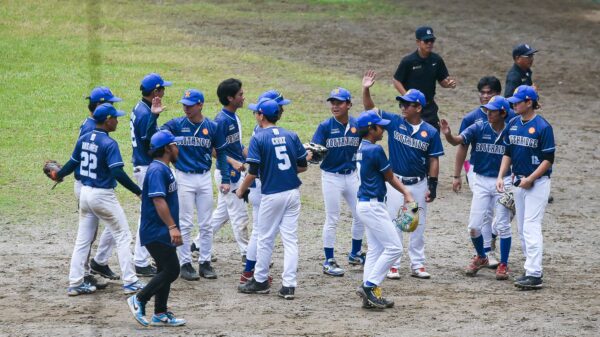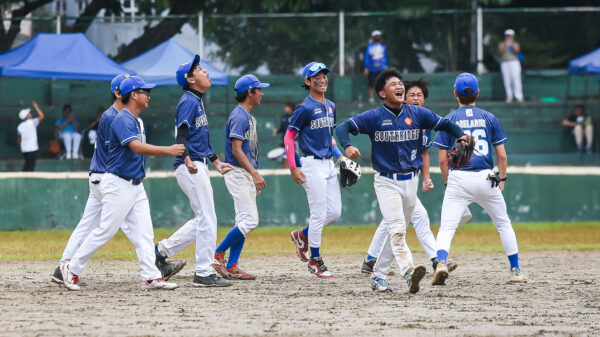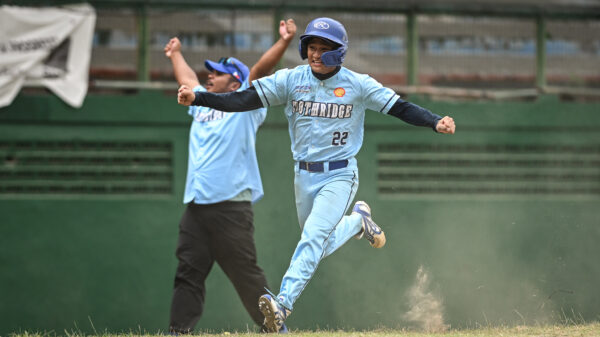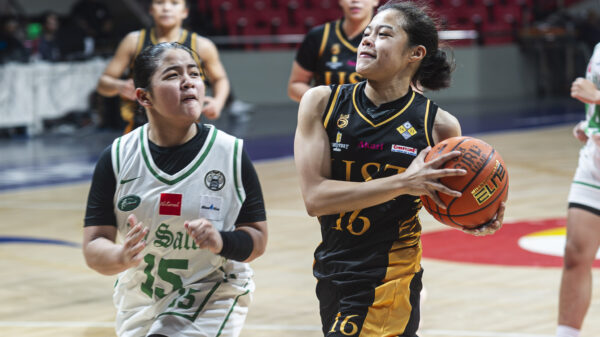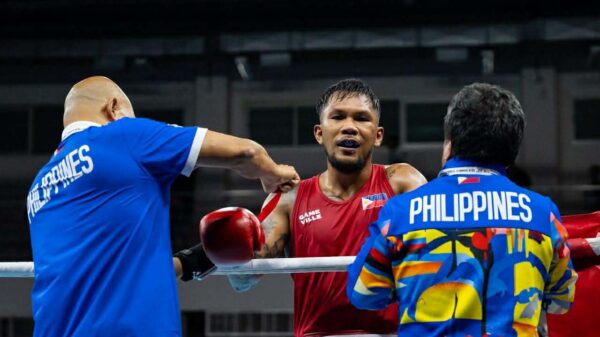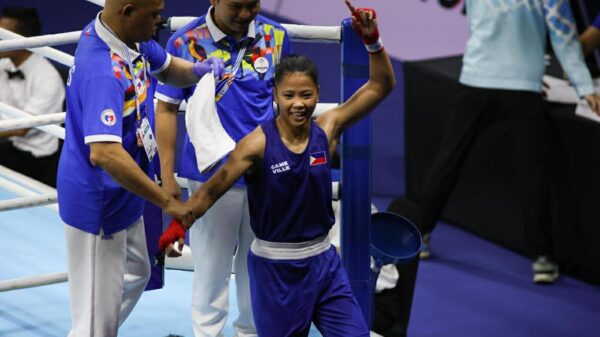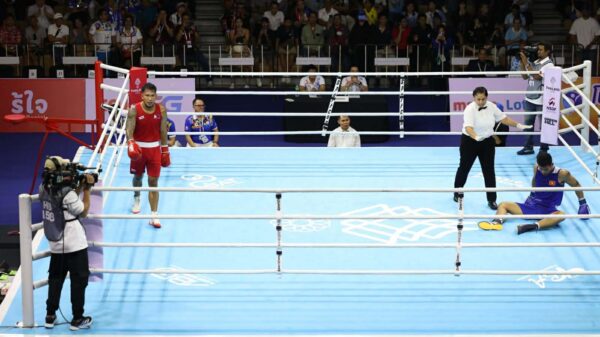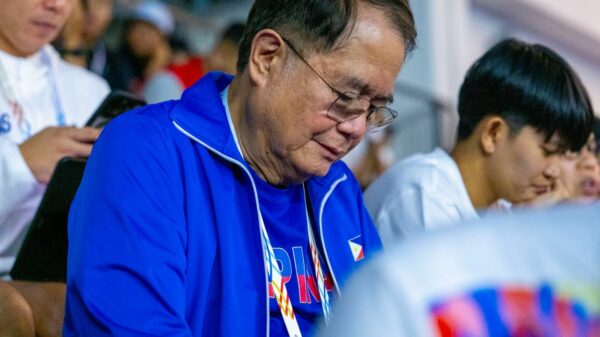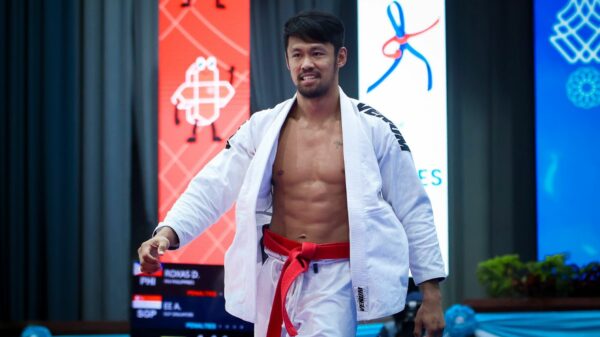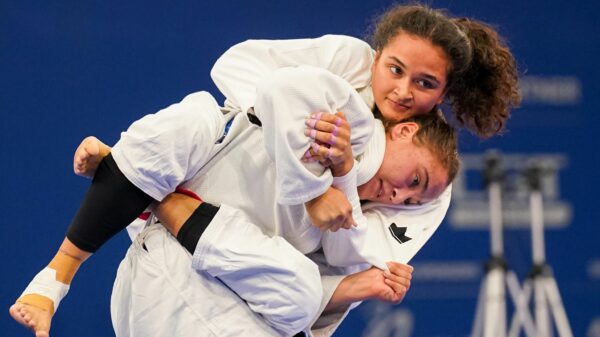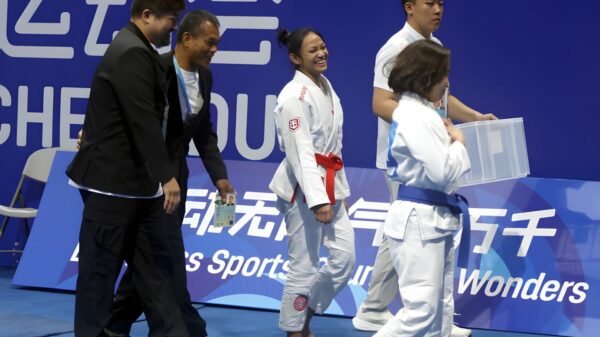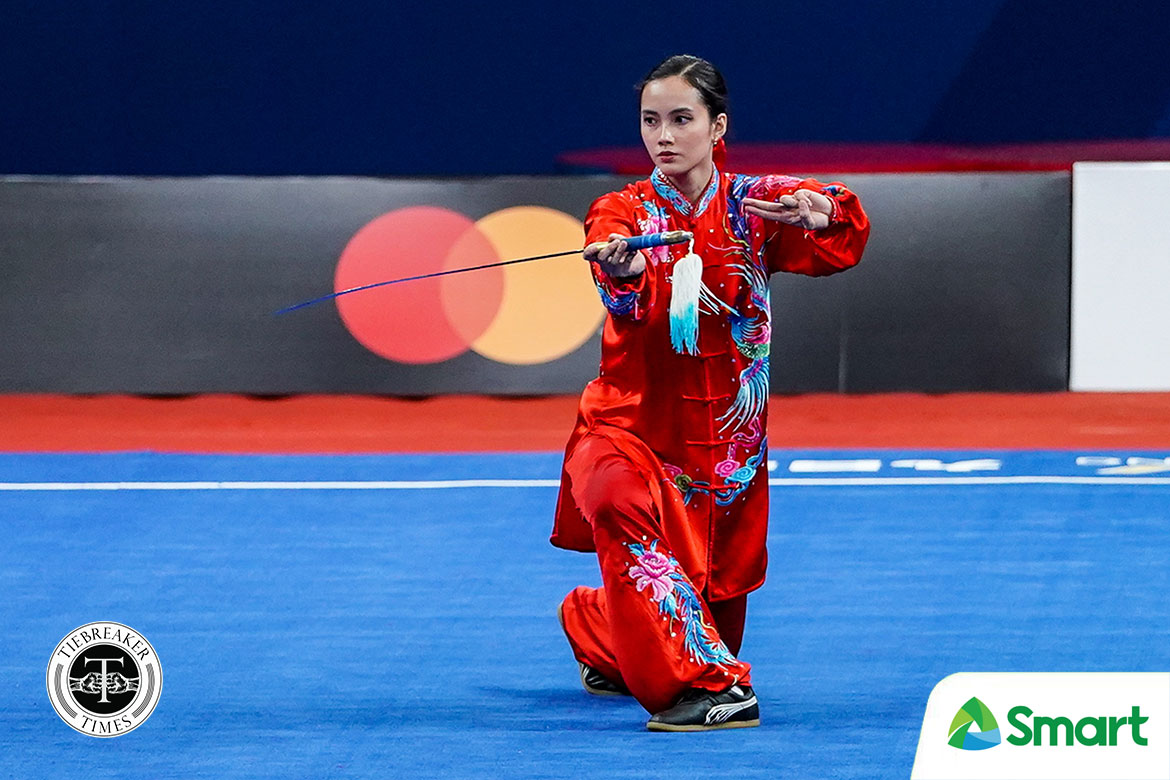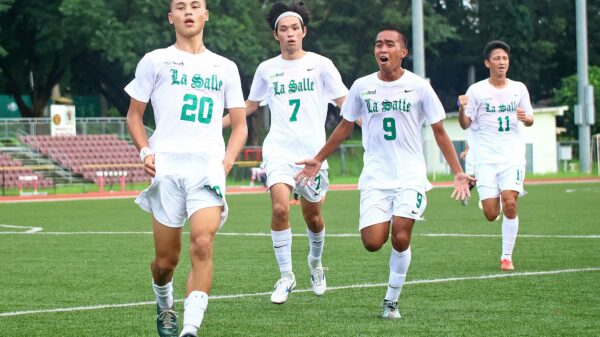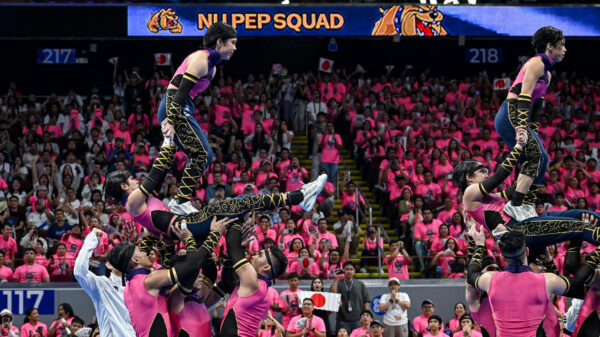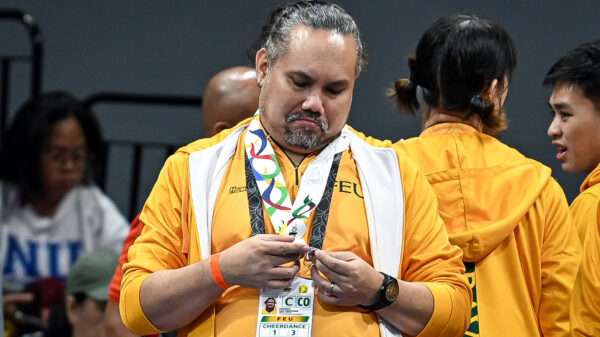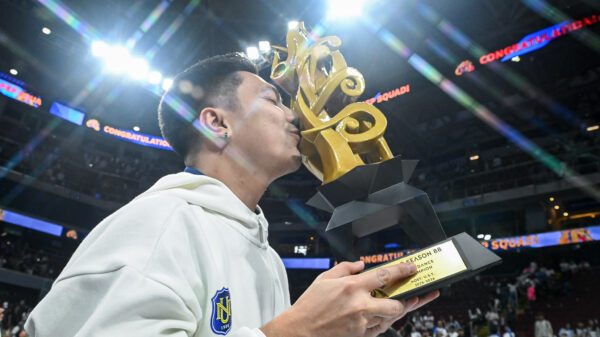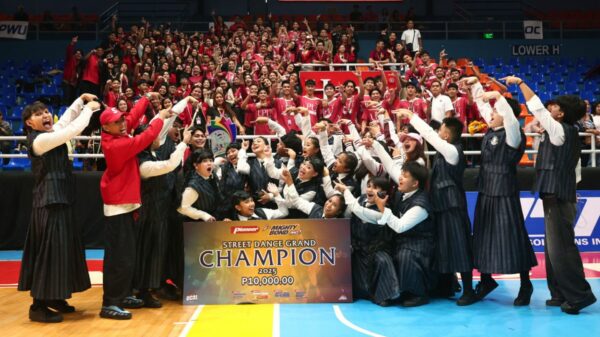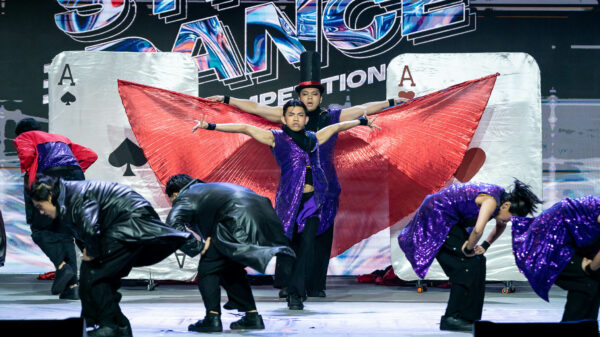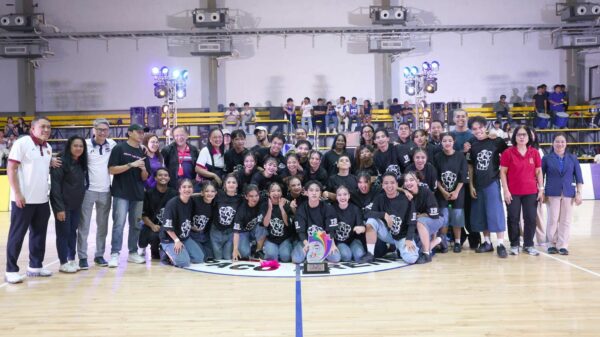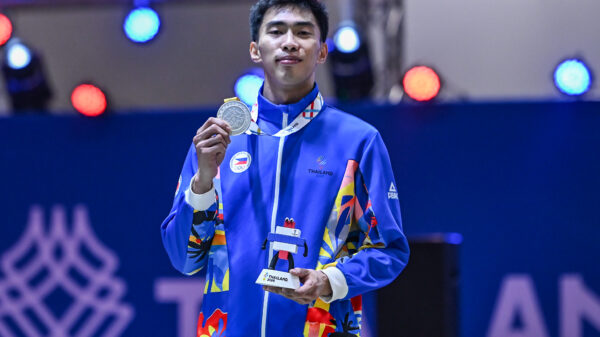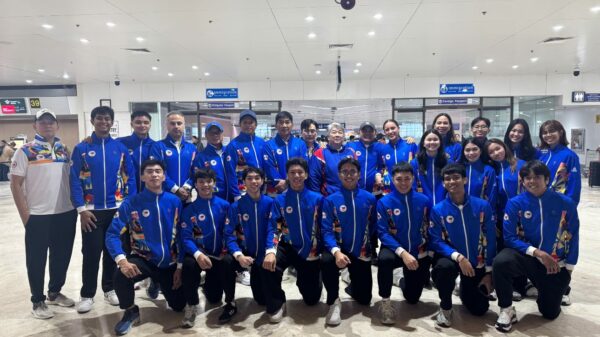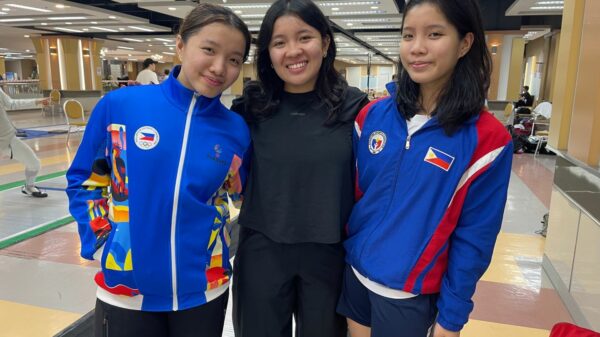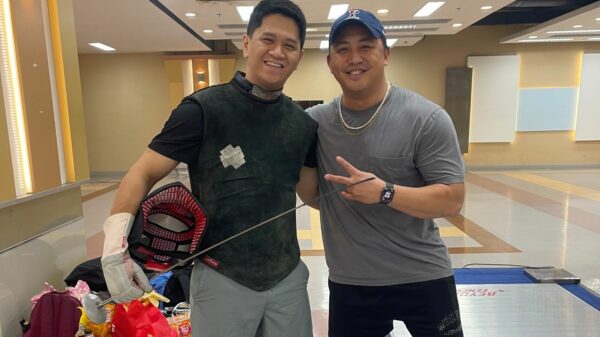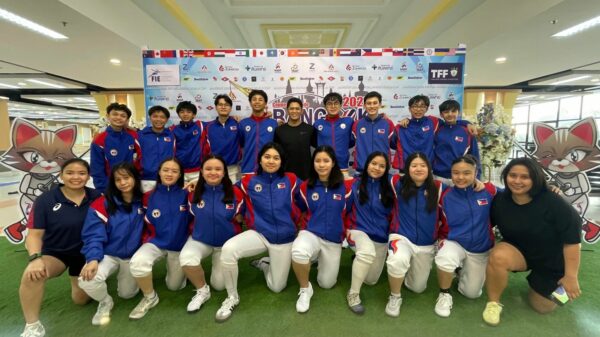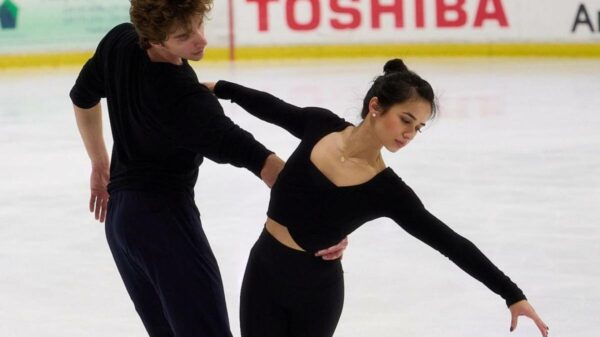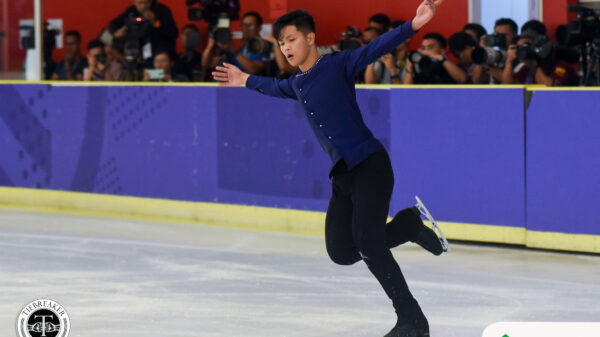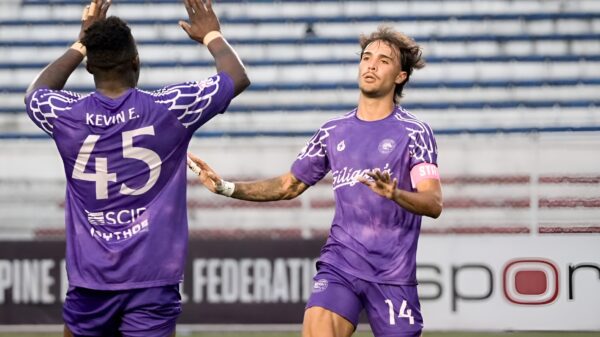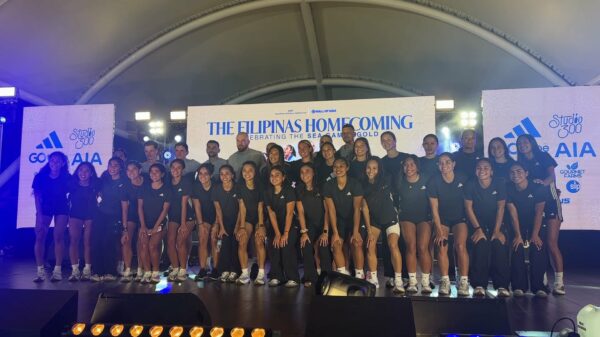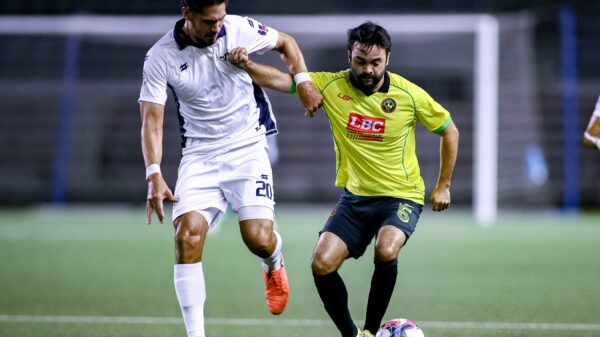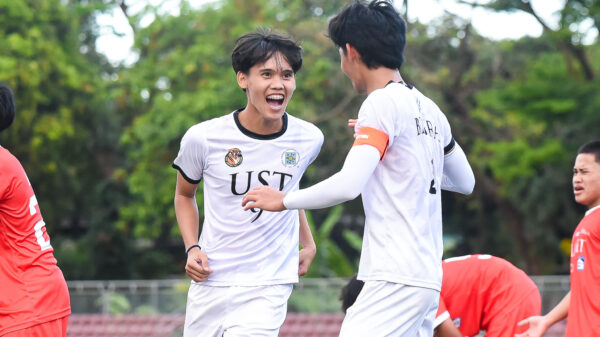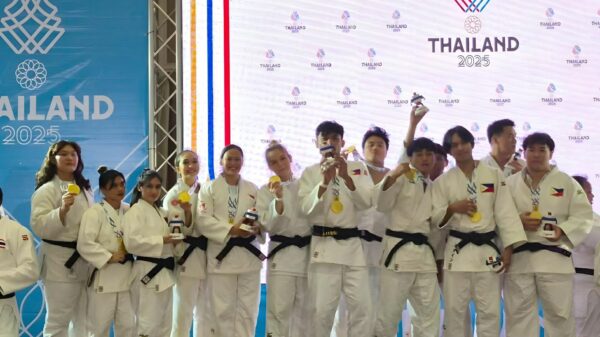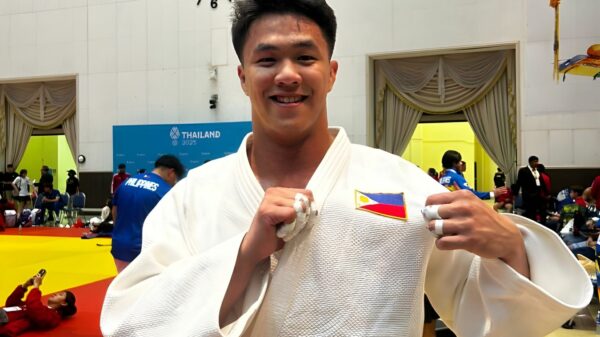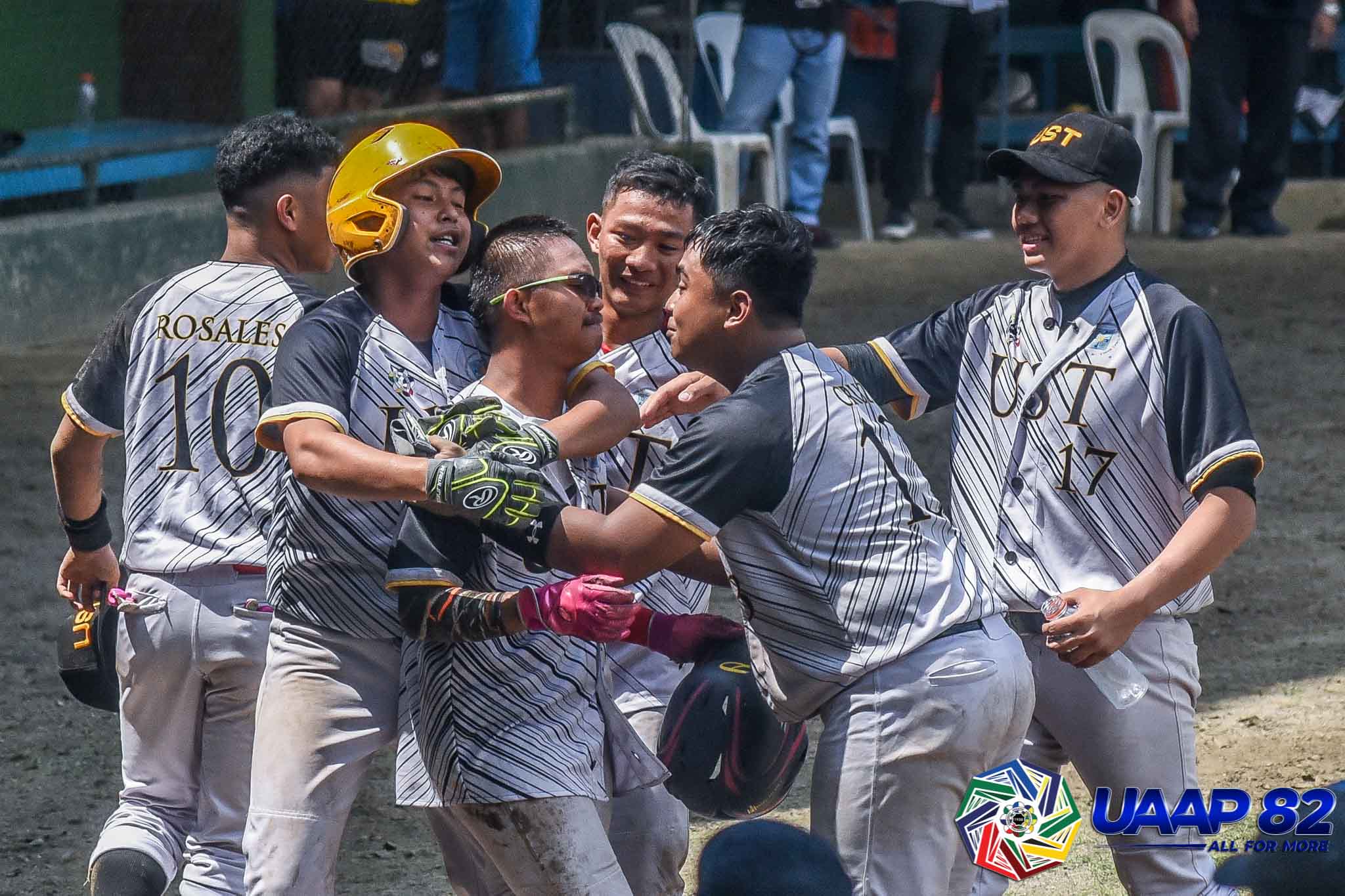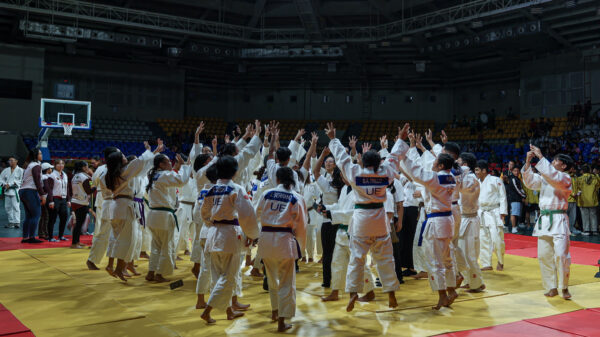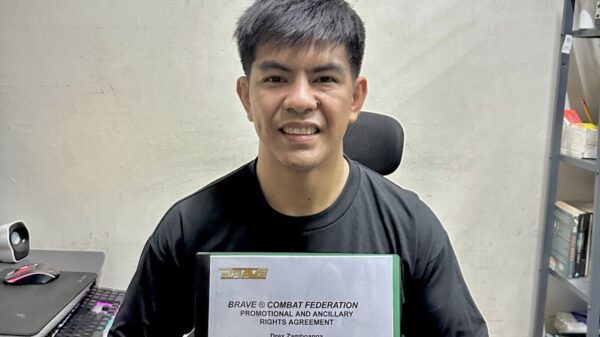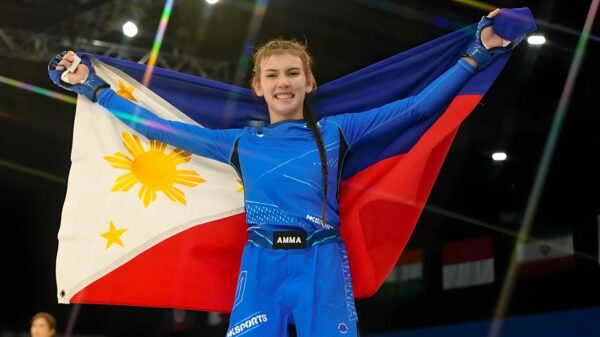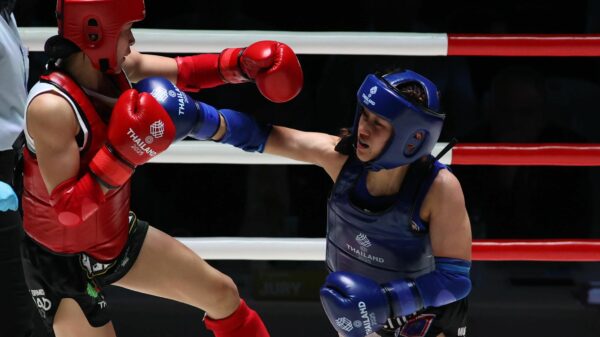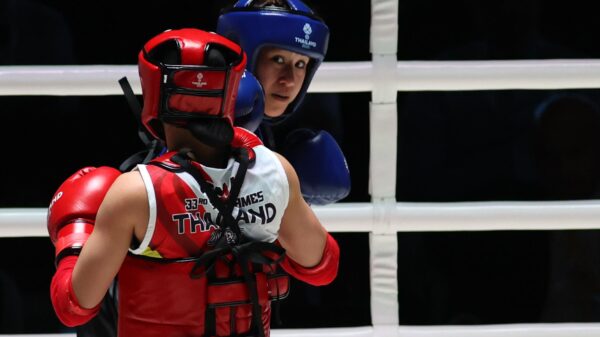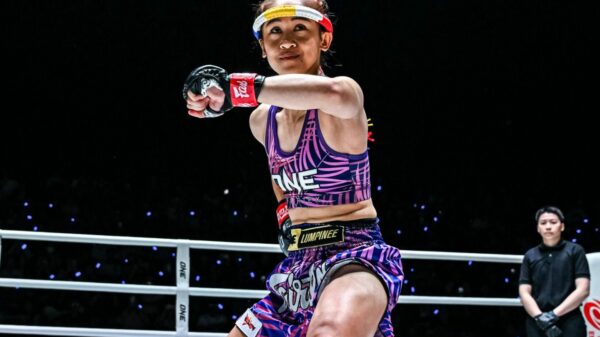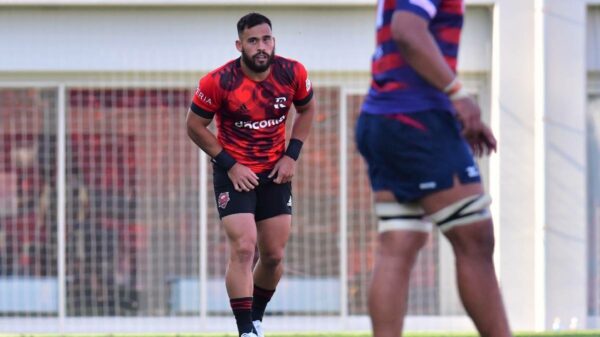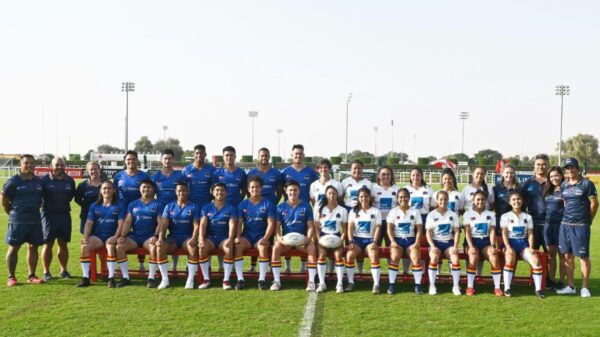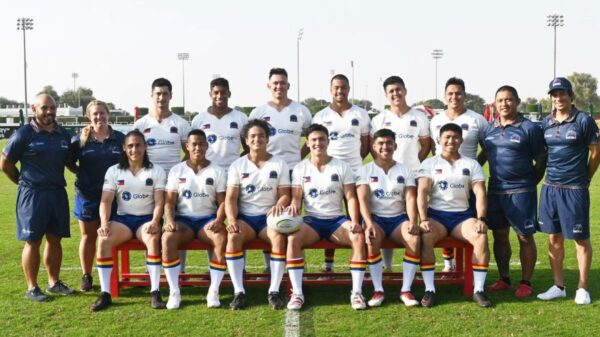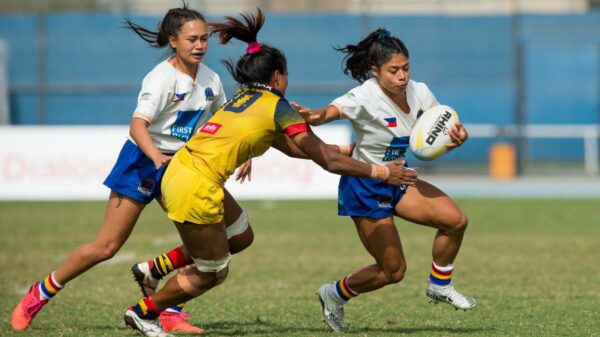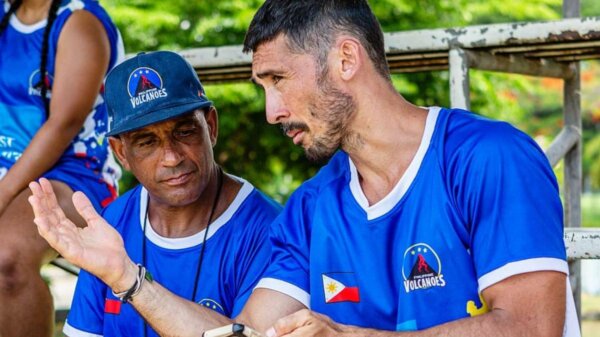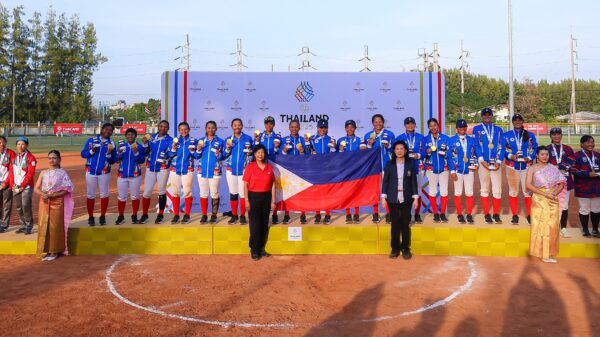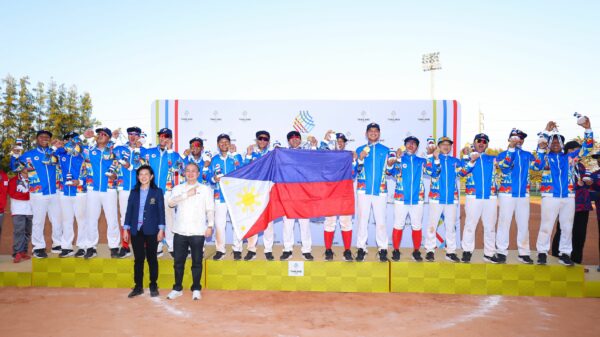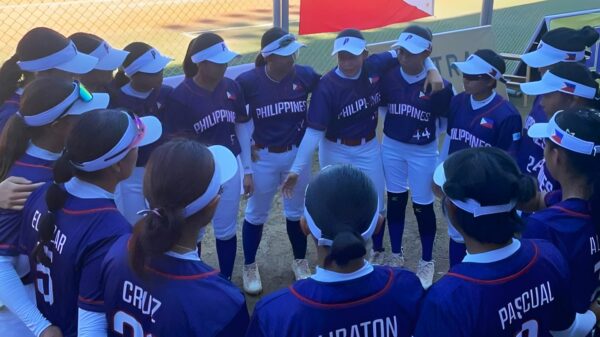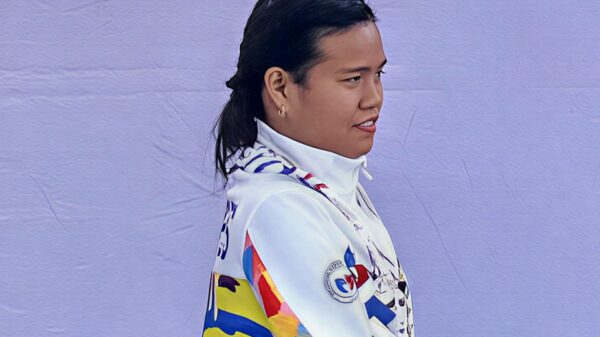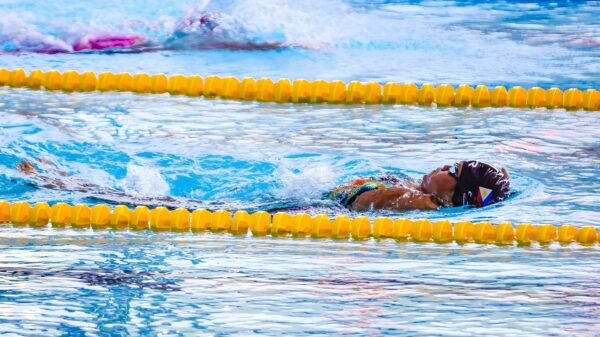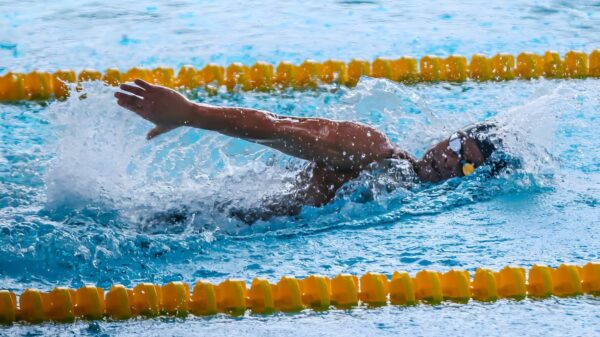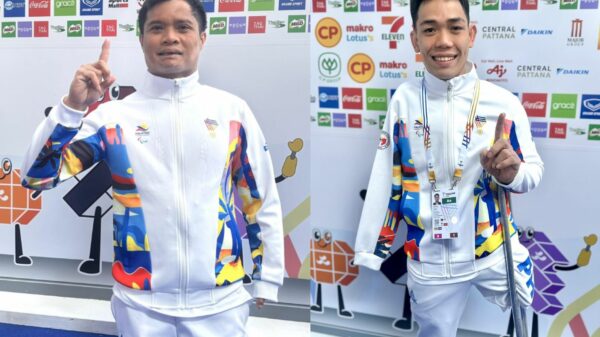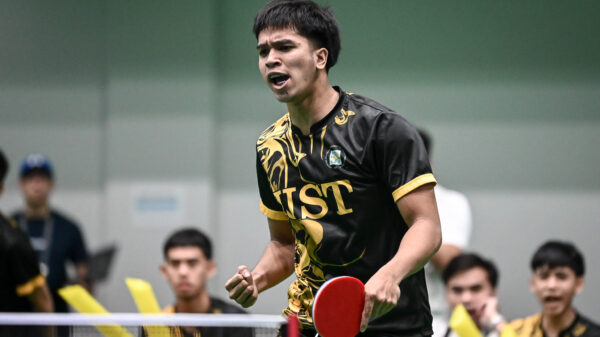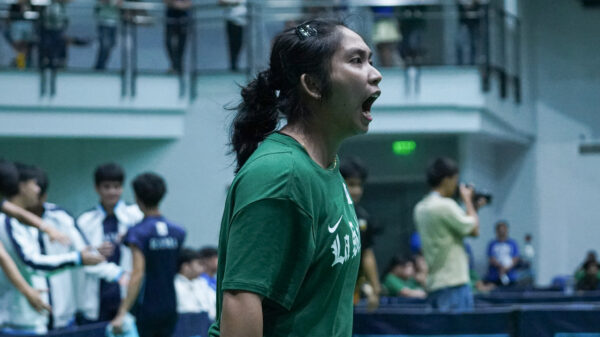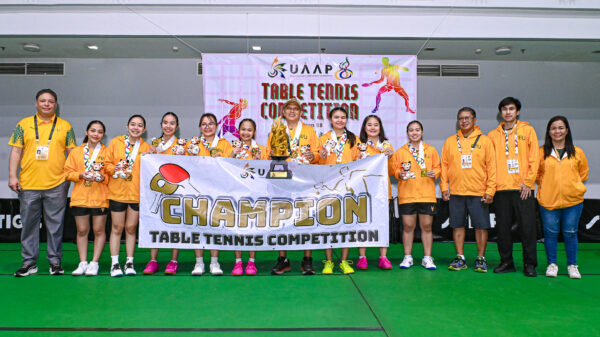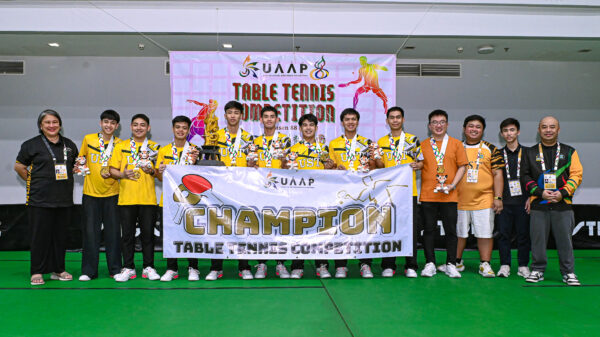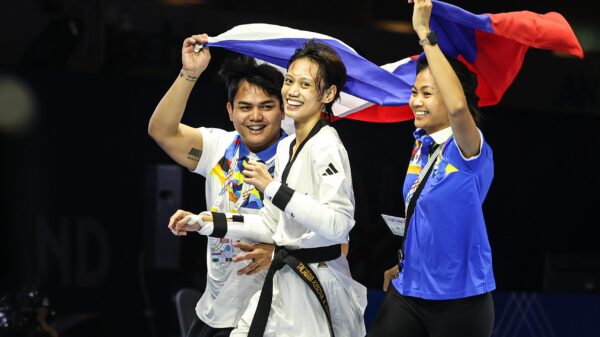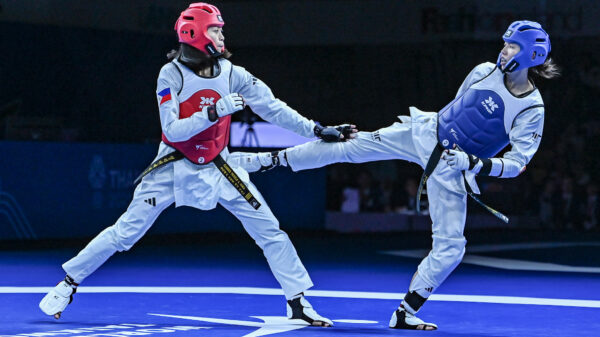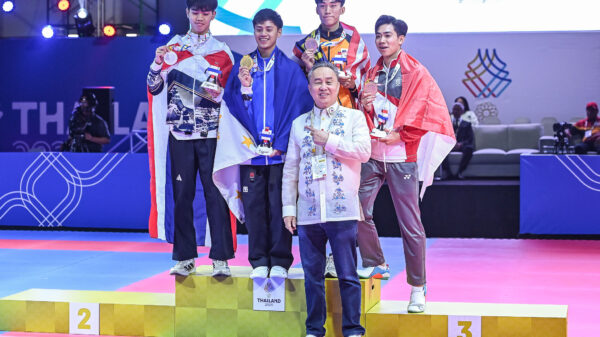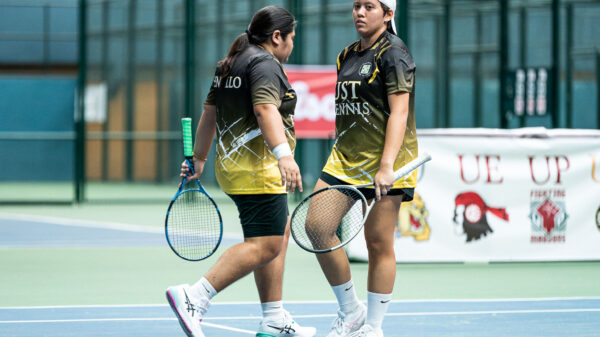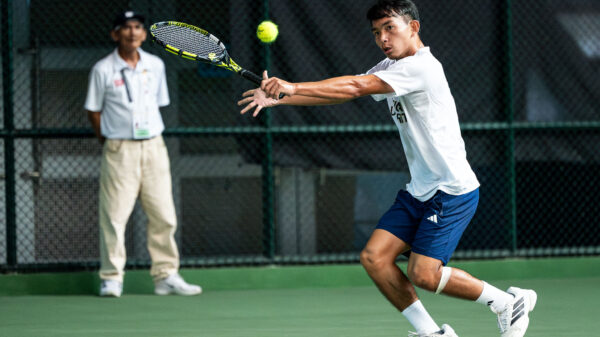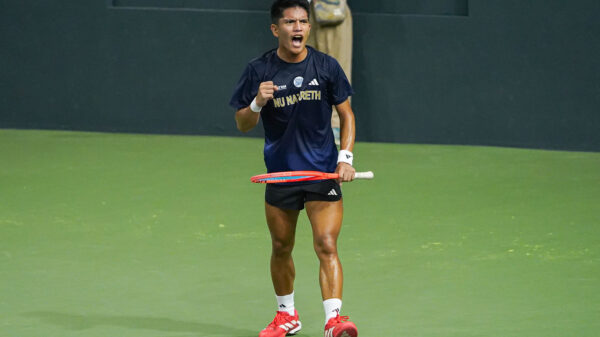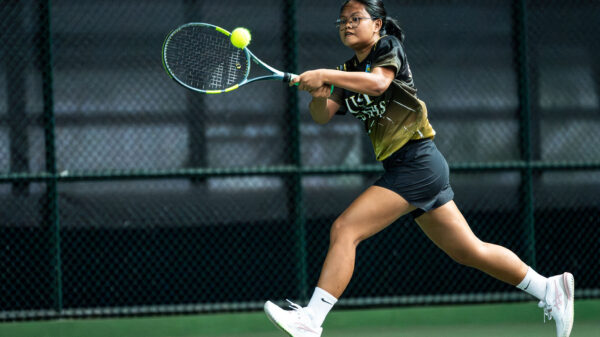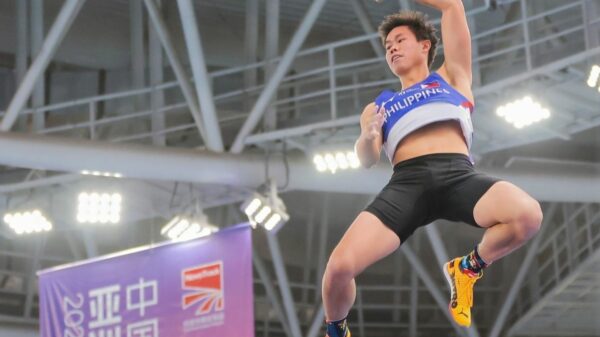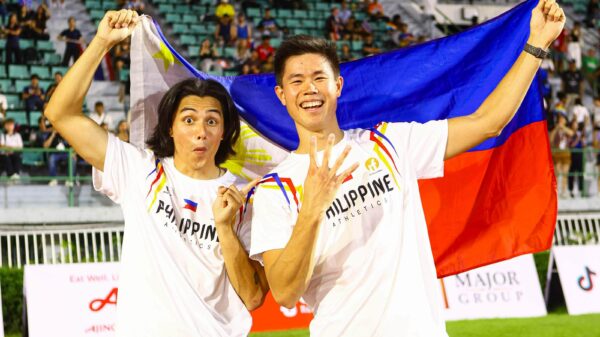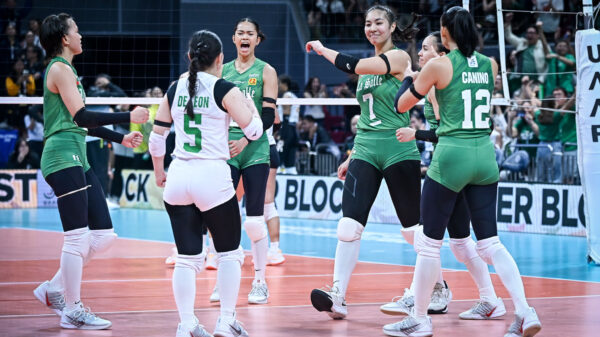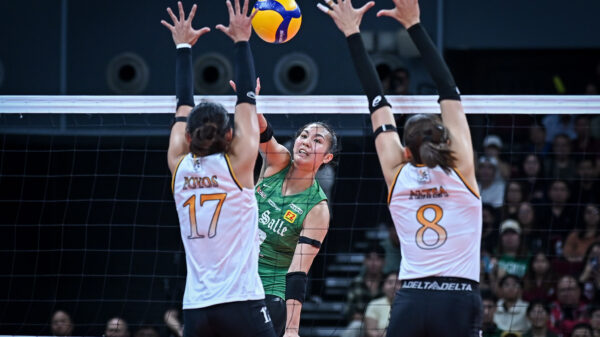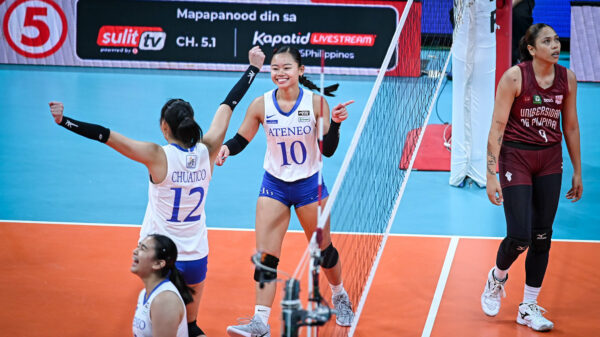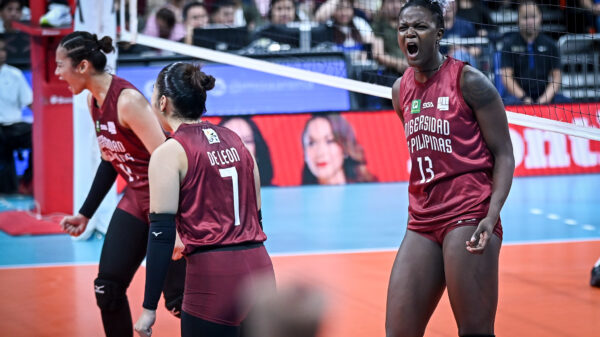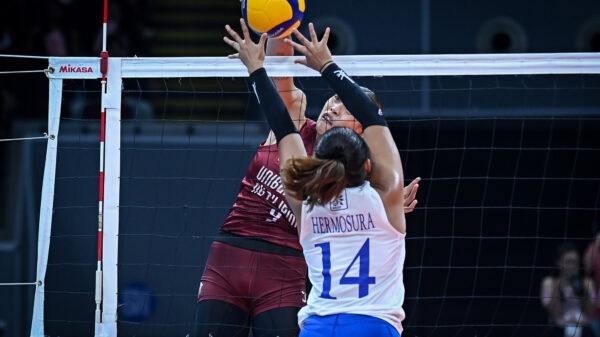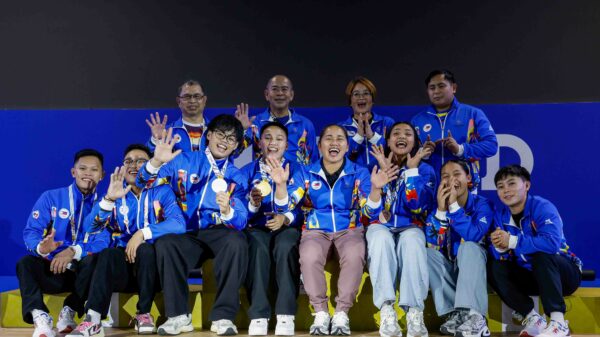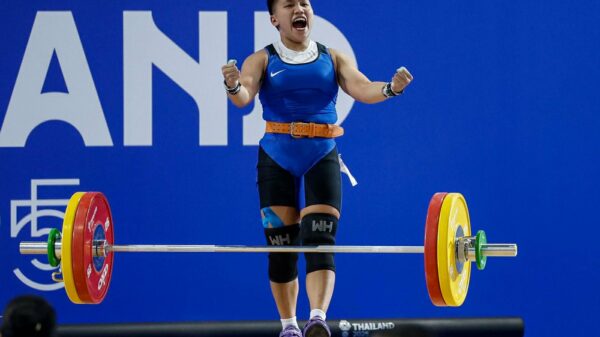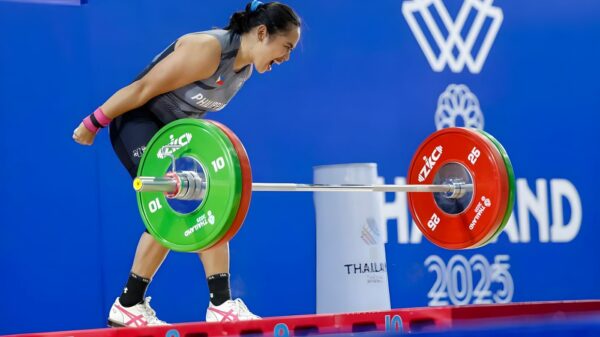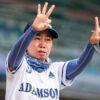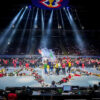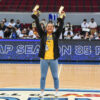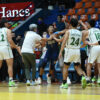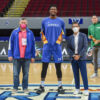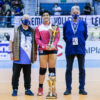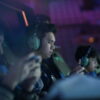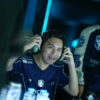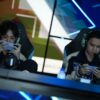The Philippine Women’s National Touch Football Team’s Journey to the World Cup
“I hate it when you’re tired!” Steve Dodd, Head Coach of the Philippine Women’s National Touch Football Team, tells his players on a hot Saturday morning. He is scolding them for wilting in the 36 degree summer sun. “Don’t be tired, even if you’re tired,” are his instructions. Some of the players admit Coach Doddy, as he is called, is tough; Late to practice the first time, and you get a warning. Late to practice a second time, and you get another. Be late a third time, however, and he will cut you from the team. He is strict, but within reason, and there is an easy rapport with the players and the 44 year-old Englishman who calls the Philippines his adoptive home. “Look good always,” are his last words for the huddle as practice resumes.
It is a week before the Philippine Pythons leave for the World Cup in Australia, and the players, from the youngest to the oldest, are both nervous and excited. As they should. In only the group stage of the tournament, the Pythons will be going up against 2nd ranked New Zealand, 9th ranked France, and unseeded Samoa. Rugby is a popular sport in a number of countries, but it is hardly a familiar sport to Filipinos. Fewer still are Filipinos who are familiar with its limited-contact variant touch football or touch rugby, or to its World Cup, the highest-level of international competition of the sport, which this motley team will be competing in. How the team will fair is the question on the minds of the coaches and the 16 players who make up the squad.
Asked on the team’s strengths, multi-sport national athlete Cassie Umali says the team has youth. “We are a young team compared to all the other teams that have been playing for the Touch World Cup, but we [can] hold our ground,” she says.
Coach Doddy similarly reflects on his team’s limited experience, “I think we’re a disciplined side. We may not have as many tactical plays as other teams, but we have a few, and we’re very well-drilled in them.”
“When we play well it’s due to our organization,” he adds.
The swelling excitement for the squad’s upcoming international debut is due in large part to the fact that this is the first-ever Philippine women’s national team that’s going to compete at a world cup-level tournament. Umali, 29, admits she may not have the privilege to do so with her other team, the national team for rugby, the Lady Volcanoes.
“It’s different playing at [the World Cup] level. I know with the Volcanoes, I know I’m never ever going to the World Cup. The men’s team were able to go to the Rugby 7’s World Cup, but for the girls, for us to ever reach that level we would have to beat China, Japan, and Hong Kong. But before you get to China and Japan, you have to beat Thailand and Sri Lanka [first].”
For context, the Lady Volcanoes’ best rugby 7’s record against the teams she mentioned was a 5-17 loss to Sri Lanka in 2013, and their worst loss was a 0-57 finish against Hong Kong in the same year. “So for us to play the World Cup for touch… iba talaga (it’s different),” shares Umali, 29, who also plays American football, and Ultimate.
Despite the honor of being the “first-ever”, 23 year old Shine Santos, another player who is a graduating student at University of the Philippines Diliman, admits that she is nervous. The sense of history is not lost, but at the same time it is perturbed by the thought of the impending competition. “It’s the first time the Philippines will be playing in the World Cup. We don’t really know what to expect,” says Santos. She repeats the phrase “I’m so nervous!” several times during the interview.
A few weeks ago this squad went up against neighboring Singapore in a couple of friendlies.
“When we played Singapore, it was a great experience seeing that whole new level of touch played,” says Kayla Uytengsu, the youngest player on this squad at age 15.“When we play against New Zealand, we’ll see even more,” she adds.
The Pythons’ goal for the World Cup is to finish 2nd in Asia, just behind Singapore. In their friendlies, the squad lost to Singapore with scorelines of 0-8 and 0-15. Going up against the highly-ranked team was a marked improvement for the Pythons, but still, Singapore is only ranked 3rd in the world. They’ll face an even tougher test in the World Cup; going against New Zealand on their third game. The New Zealand touch team is second-best only to world champions Australia.
“We’re very realistic about our chances against the top teams like Australia or New Zealand,” says Craig Wislang, 36, the Pythons’ Co-Head Coach and a offensive play specialist.
Wislang, who has played rugby all his life, knows what he’s talking about. He too knows all too well how seriously Kiwis take their sport, as he hails from New Zealand himself.
As a kid growing up [in New Zealand] playing rugby, the All-Blacks [the men’s national rugby team of New Zealand were] sort of our idols,” he shares of his home team renowned for their rugby achievements and their well-known and fearsome Haka. “If I was a player, I’d want to play the best team in the world, and if I’m not playing for New Zealand, I’d love to play [against] them,” says Wislang.
For his part, Wislang will be fulfilling a part of his childhood dream, albeit coaching and lining up at the start of the game shaking hands opposite his compatriots. For the girls on this squad, however, they will be living out a scenario they never thought was possible coming into the sport.
Umali had her start as a rugby player before she turned to touch. Other girls on this team, like Umali’s fellow Lady Volcano, Nikki Lira, had her turn at touch before she tried full-contact rugby. Uytengsu, meanwhile, had her start at the sport when she was 11 years-old, while Santos took the sport up in college simply as a means to stay fit and active.
Three years ago, the dream for a national team for touch football came about in the handful of teams that make up the small touch football community in the Philippines. Touch Football Pilipinas, the sport’s governing body in the country, has done well to field in this women’s team and a mixed team mostly comprised of players active in Australia for the World Cup. This is their triumph as well.
“The commitment all these girls have shown has been fantastic,” beams Head Coach Dodd, while his players are running back and forth the pitch.
“I give up some time with my family, but the commitment that these girls have shown has been absolutely incredible,” he adds.
Kat Sicat, 20, took a leave of absence from the University of Pennsylvania. Rodielita Dublin, 29, similarly took a break from law school at San Beda, and some of the other girls on the squad took time away from their careers to make this run to the World Cup a reality.
The catchphrase of the upcoming competition is the “Thrill of a Lifetime,” and it more than aptly describes the vastly different routes these individuals had to go through in order to reach Coffs Harbor, Australia as one team. Sport achieves different things for different people, but competition is all the same: seeing how you measure when the odds are against you.
“Taking the touch” in the game’s parlance means conceding a turn at the ball to get to a strategic point to move forward. This year, the Philippine Women’s National Touch Football Team are doing their bit. They are breaking ground, the first women’s national team to compete at a world cup, and gaining territory into summits unknown.

